LISBON — Portugal is gearing up for a snap election this Sunday, a move that could plunge the country into a prolonged political standstill. This comes barely a year after the last national election, with voters once again deciding who should steer the country's future.
The Backstory
Prime Minister Luís Montenegro's tenure was clouded by controversy after reports surfaced about Spinumviva, a data protection consultancy linked to his family, raising questions about conflicts of interest. Despite surviving several censure motions, Montenegro's minority government fell after losing a confidence vote in March.
The Contenders
The election mirrors last year's scenario, with Montenegro's Democratic Alliance projected to lead but short of a majority. Pedro Nuno Santos' Socialist Party trails, while the far-right Chega party holds its ground as the third force. Public opinion, however, shows lukewarm reception to both leading candidates.
Campaign Turbulence
The campaign faced unexpected hurdles, including a blackout across the Iberian Peninsula that postponed a key debate. Domestic issues dominated discussions, with scant attention to international affairs or Portugal's role in European defense.
What's Next?
A hung parliament seems inevitable, with the potential for political deadlock. The constitution bars snap elections within six months of the vote or during the president's final six months in office, setting a complex timeline for resolution.

Political stagnation could see Montenegro leading a caretaker government indefinitely, with voters possibly facing another national election in 2026, marking the fourth in four years.



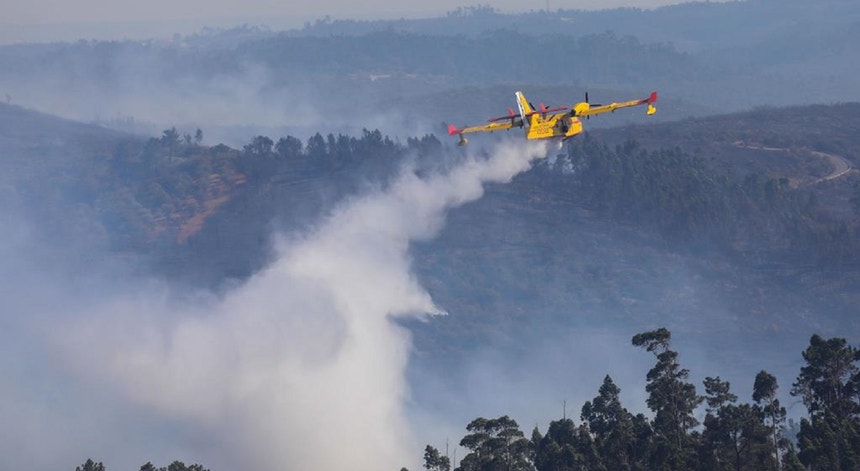


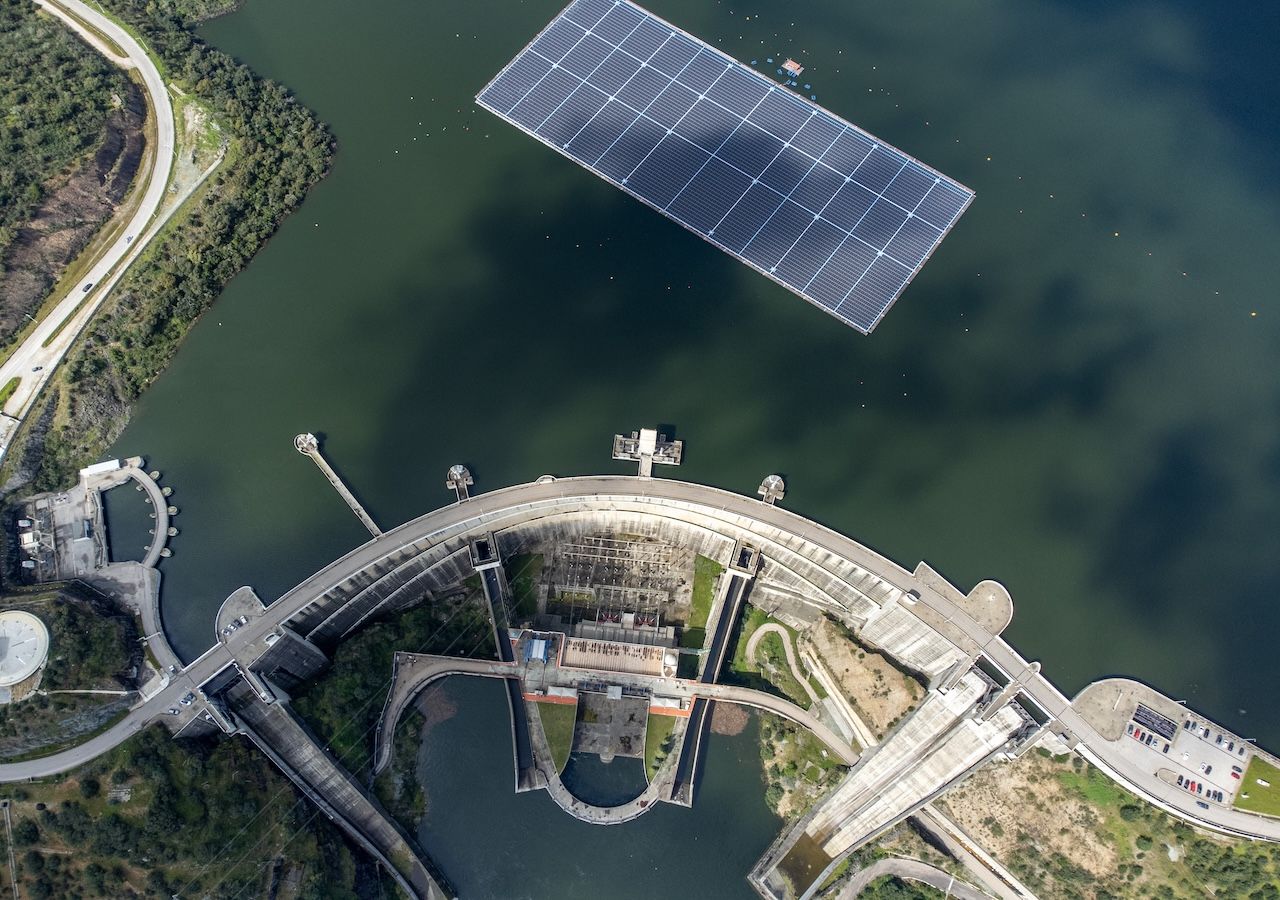

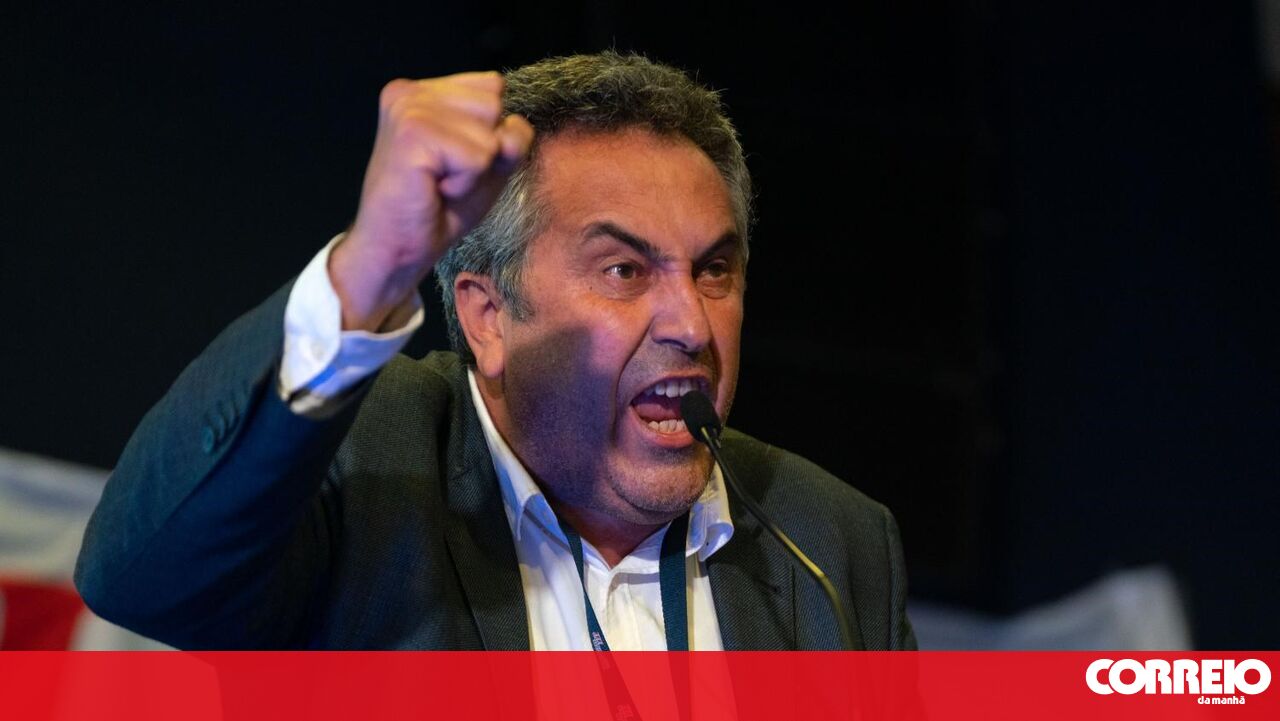



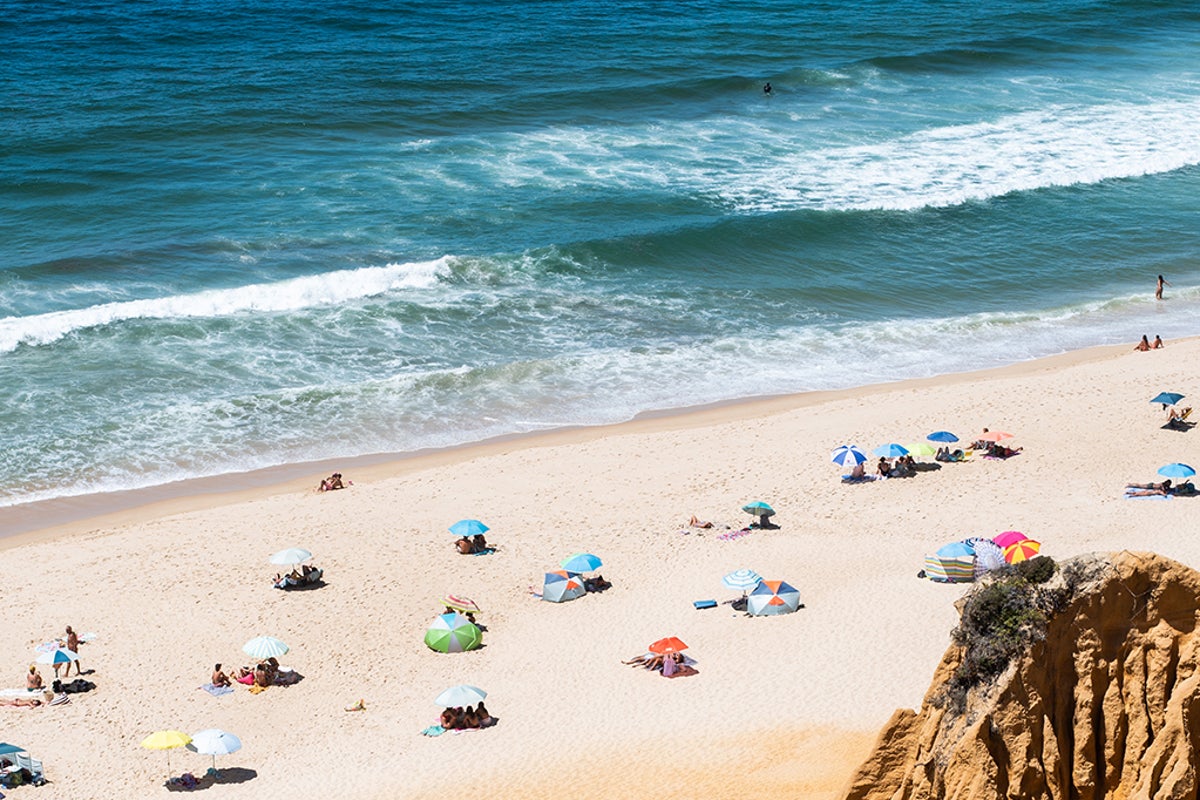

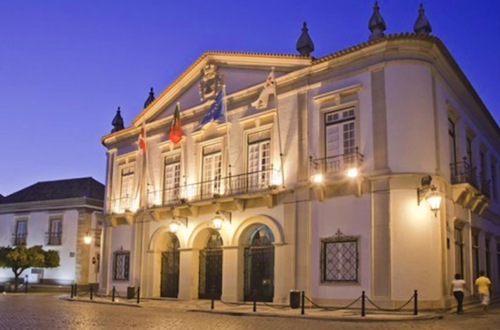



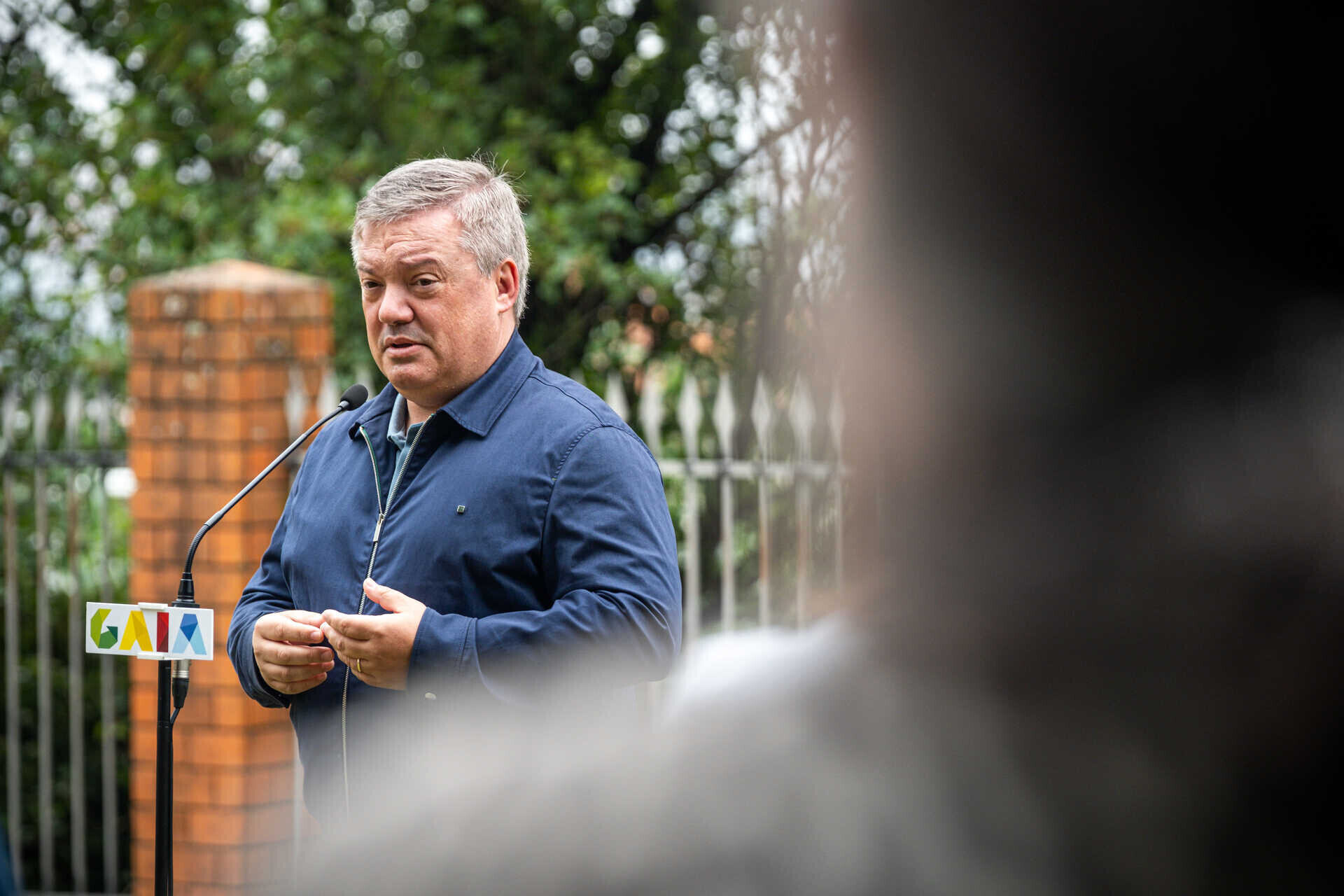
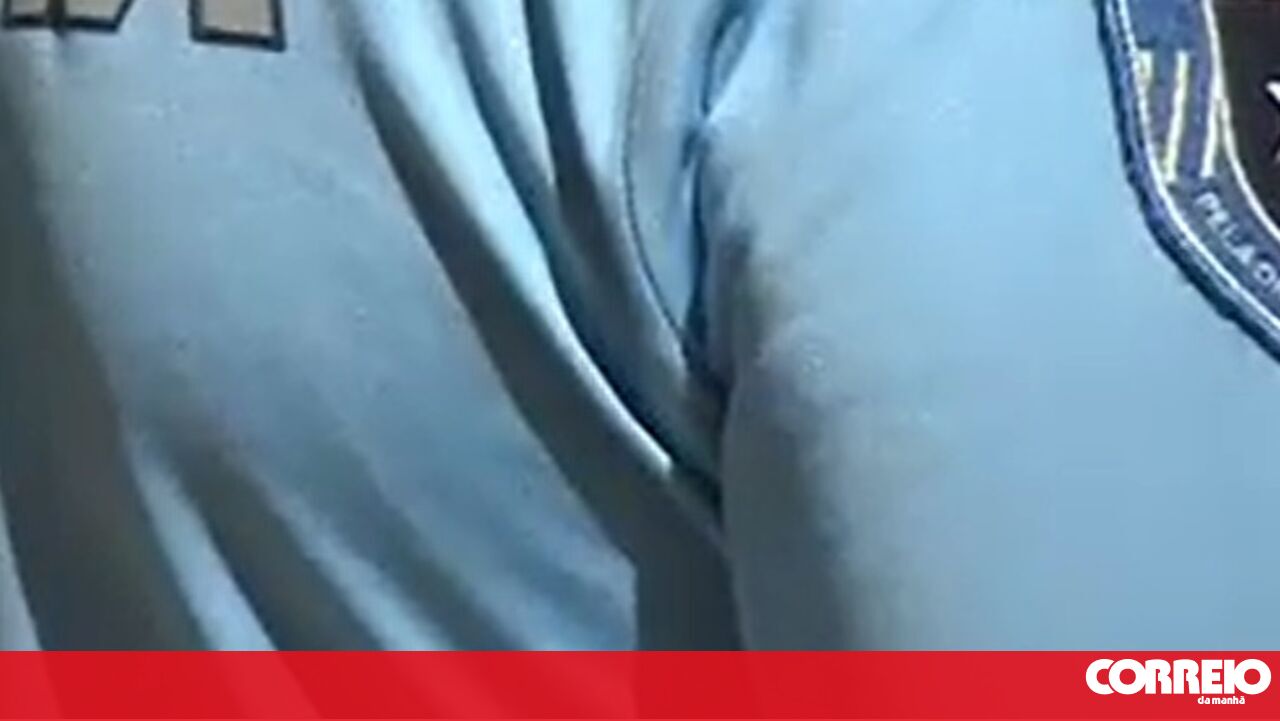

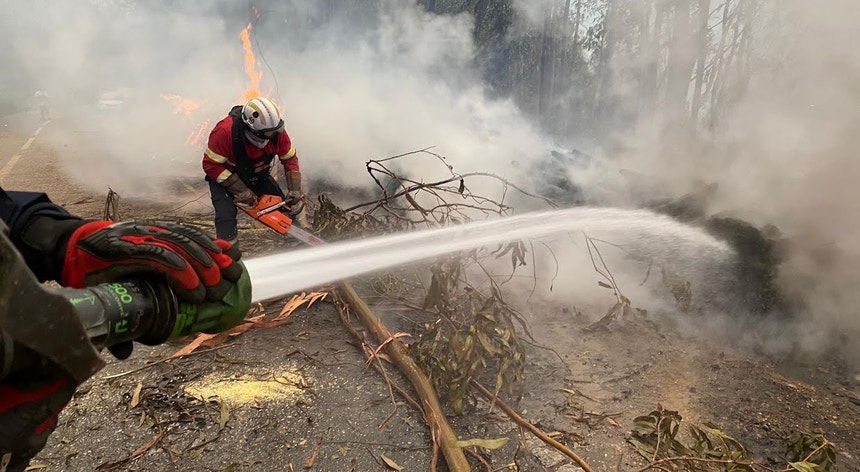
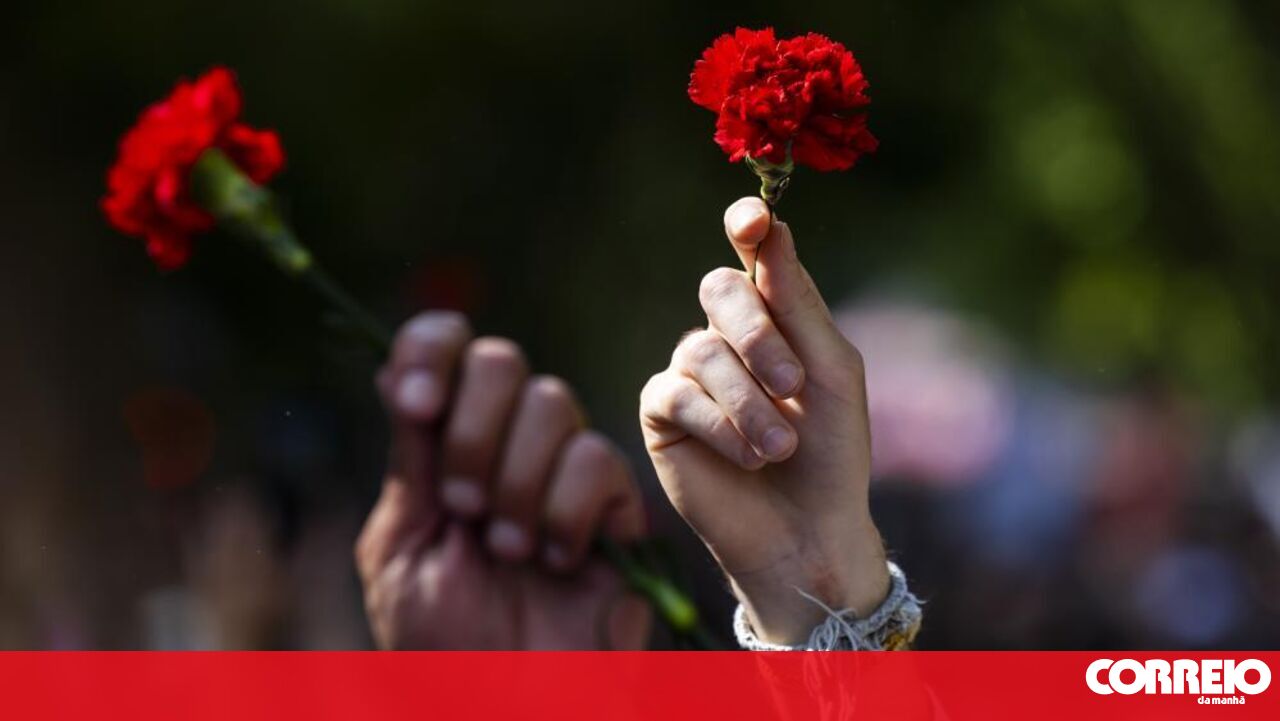


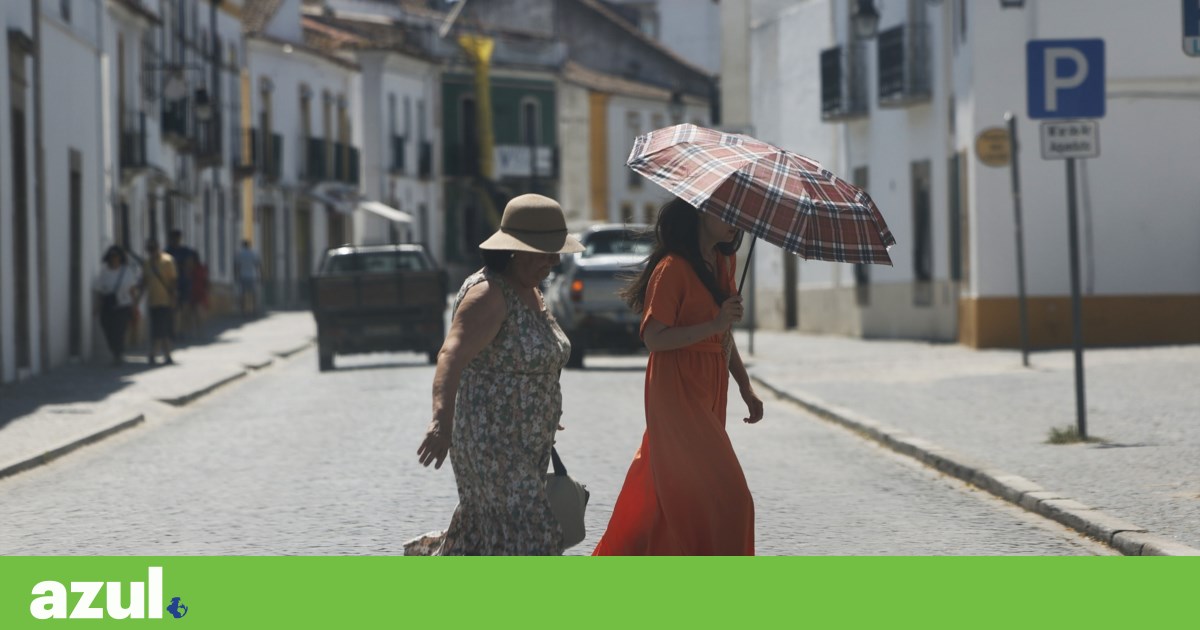
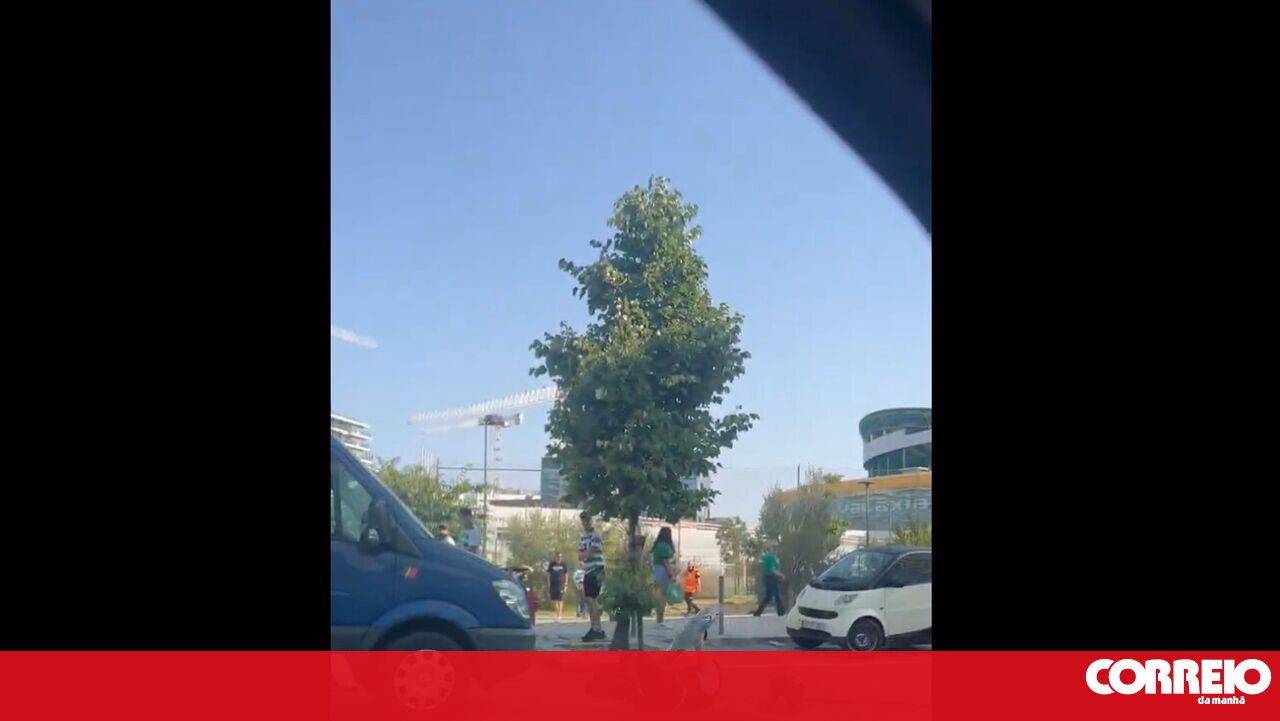
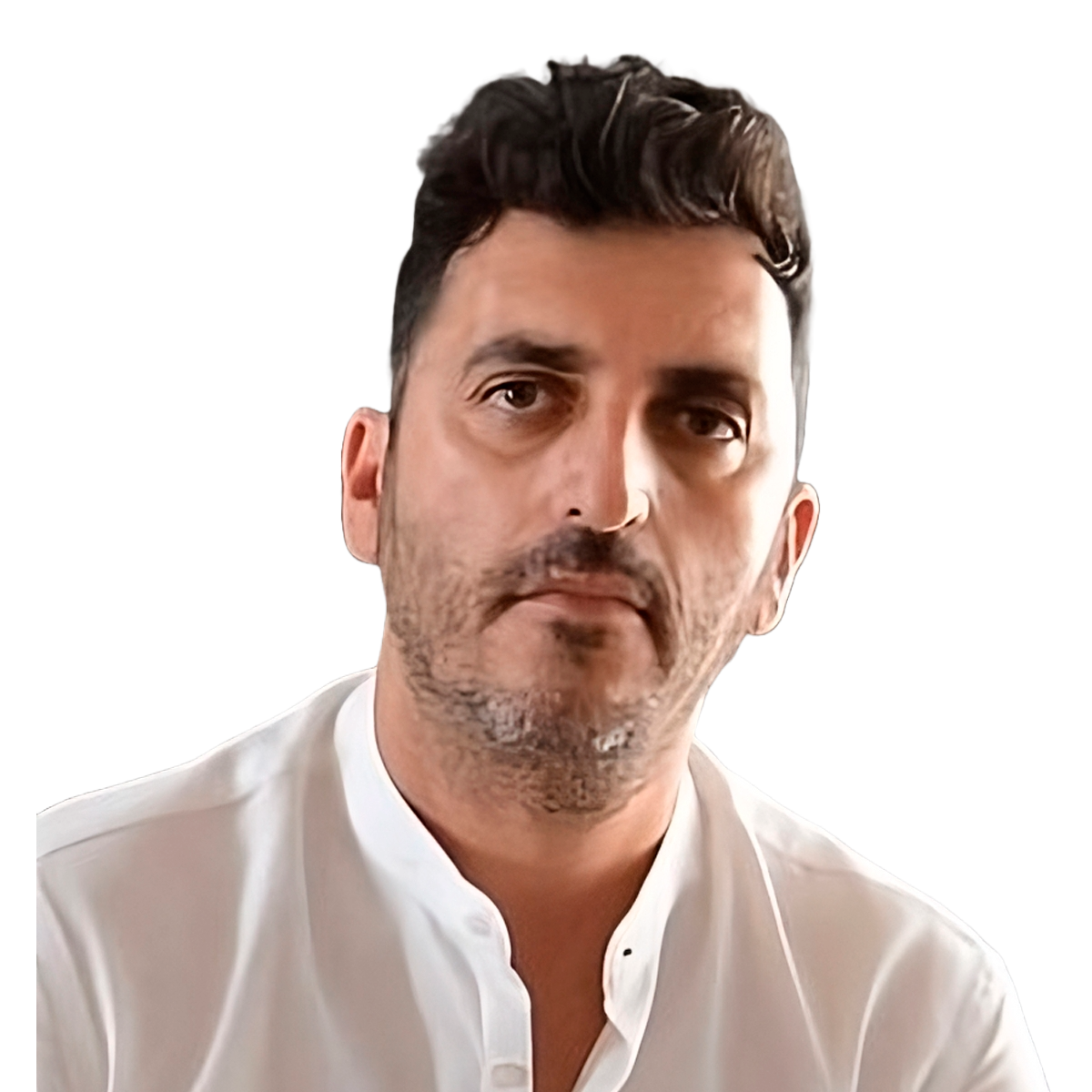
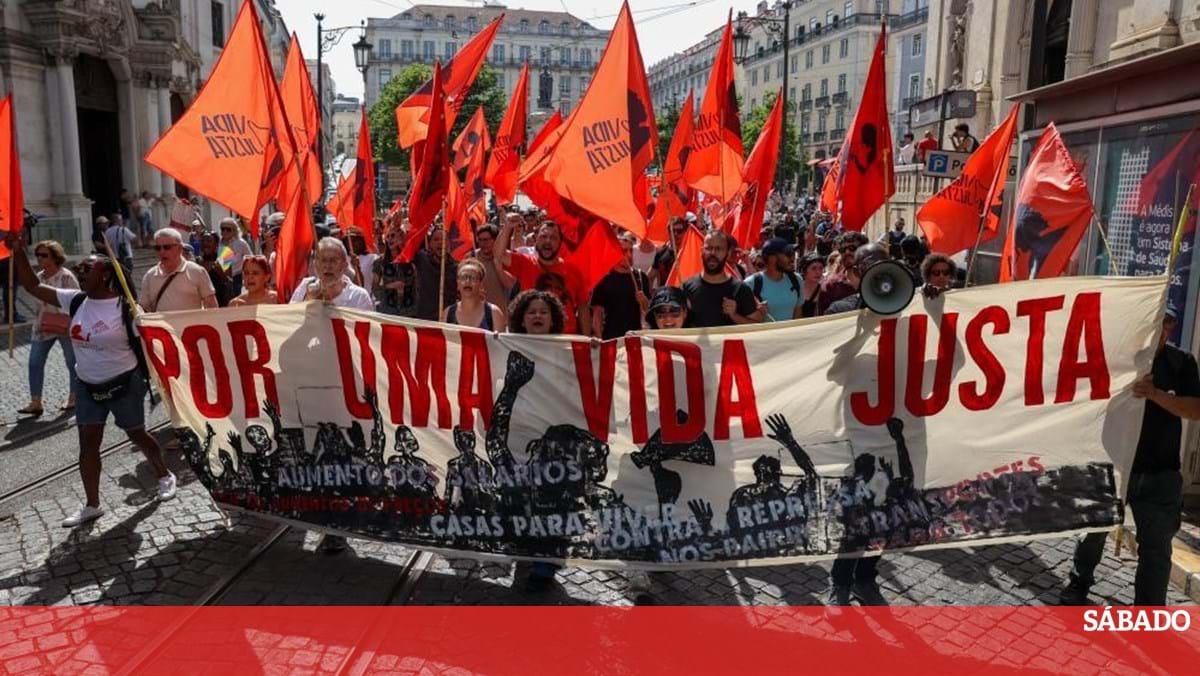
Comments
Join Our Community
Sign up to share your thoughts, engage with others, and become part of our growing community.
No comments yet
Be the first to share your thoughts and start the conversation!